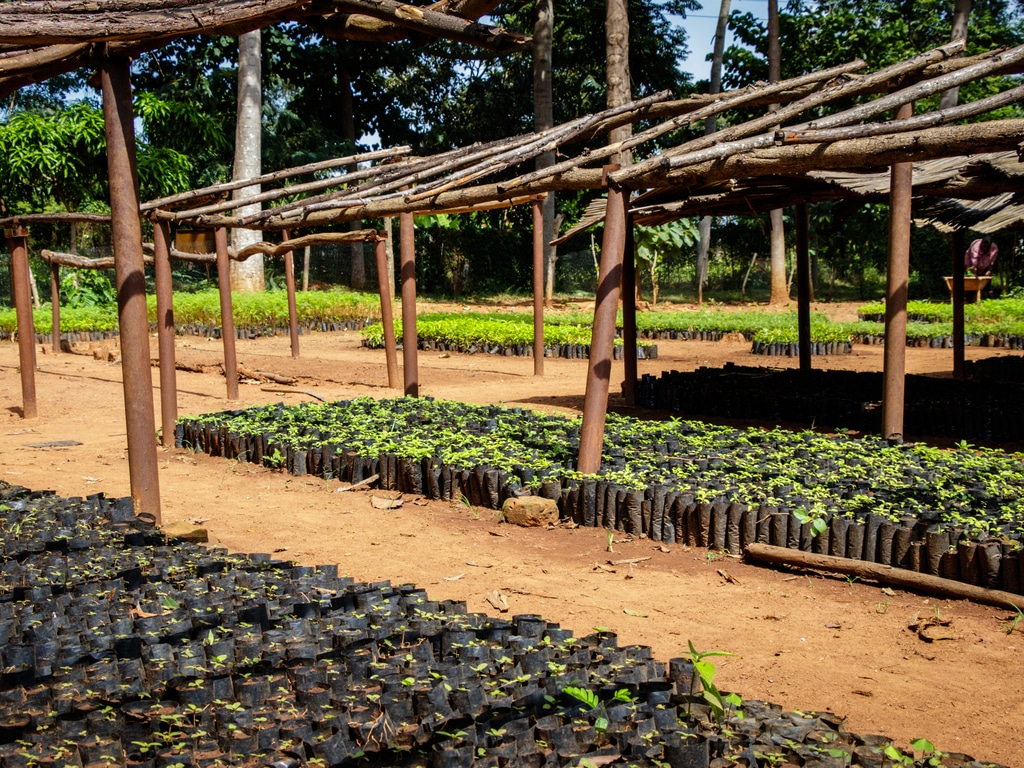Malawi is setting itself new challenges for its national forest season 2020/2021. The president of the East African country, Lazarus Chakwera, recently unveiled the goal of the initiative: the planting of more than 60 million trees in just four months, from December 2020 to April 2021. During last forest season, Malawi is estimated to have planted nearly 62 million trees.
To ensure the success of the project, Lazarus Chakwera called on all districts, villages, communities, institutions and schools to plant more trees in Malawi. The country is losing its forest cover at an alarming rate of about 32,000 hectares each year. The trees cut down are most often used as firewood, for charcoal – 90 percent of Malawians use them for cooking – and for building poles. Some of these trees are also used in the medical or culinary sector. Other causes of deforestation in Malawi are agricultural expansion and bush fires.
The planting of 60 million trees in Malawi will enable the government to take a giant step towards its goal of restoring 4.5 million hectares of degraded land by 2030. To date, only 1.3 million hectares have been restored in this East African country.
The Malawian authorities are also developing the Malawi Watershed Services Improvement Project (MWASIP). It aims to adopt sustainable landscape management practices in priority watersheds and improve rural livelihoods. The MWASIP project, funded by the World Bank, will also build institutional capacity in watershed management to support interventions beyond this one initiative.
Inès Magoum
